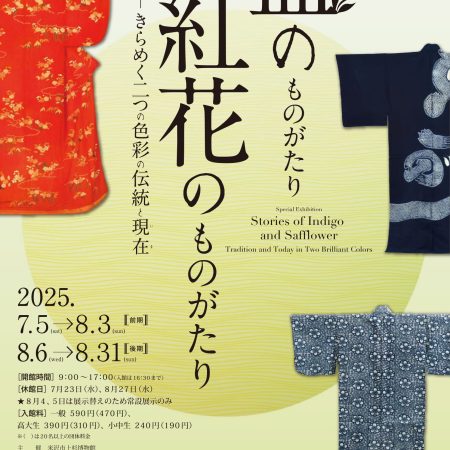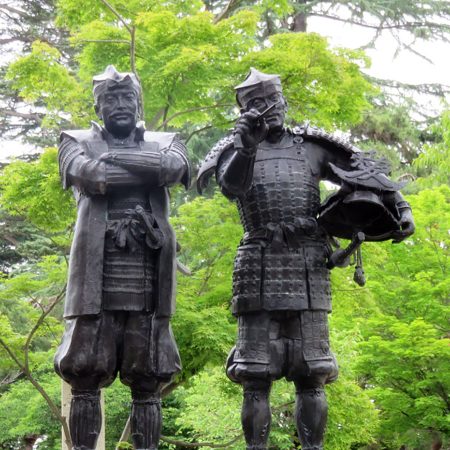Yōzan was born the second son of Akizuki Tanemitsu ,lord of he Takanabe Domain in Hyuga Province (modern-day Miyazaki prefecture) in 1751. At age 10, he was adopted by Yonezawa’s 8th Feudal Lord Uesugi Shigesada by marrying the lord's daughter Kohime. Yōzan became the head of the Uesugi clan at age 17 but by this time Yonezawa was in a great amount of debt that it could not seem to escape from. In order to rescue the domain from its impoverished state, Yōzan established laws regulating expenditure - the meals of the people should be simple and their clothes made of simple cotton. Additionally, he encouraged the expansion of agriculture as well as the cultivation of silk and mulberry trees. He also made it so that the wives and children of warriors learned to weave, which led to the woven produce of Yonezawa’s Dewa being sold nationwide. Yonezawa’s textiles are still famous even to this day.
Yōzan is famously known as one of Japan’s most virtuous lords. The following lines from his “Denkoku no Ji” address are just some examples of the wisdom he left behind as a rule:
The state is inherited from one’s ancestors and passed on to one’s descendants; it should not be administered selfishly.
The people belong to the state; they should not be administered selfishly.
The lord exists for the sake of the state and the people: the state and the people do not exist for the sake of the lord.
Just as these words indicate, Yōzan led a life dedicated to helping his people. In an opinion poll conducted by a leading Japanese newspaper in 2007, Yōzan ranked first among past Japanese “ideal rulers”.
The 35th President of the United States of America John F. Kennedy also acknowledged his prowess, stating that “Yōzan is a brilliant politician”. It was due to this reference that the U.S ambassador to Japan, Caroline Kennedy, visited Yonezawa in the autumn of 2014.
Perhaps the most famous words left by Yōzan are: “To achieve, one must act. To not act is to not achieve; this is true in all things. The inability to achieve is the result of inaction.”

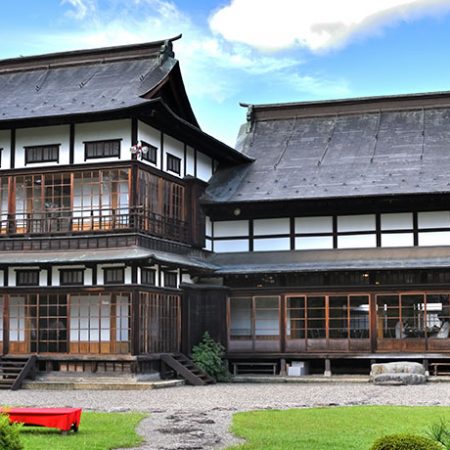
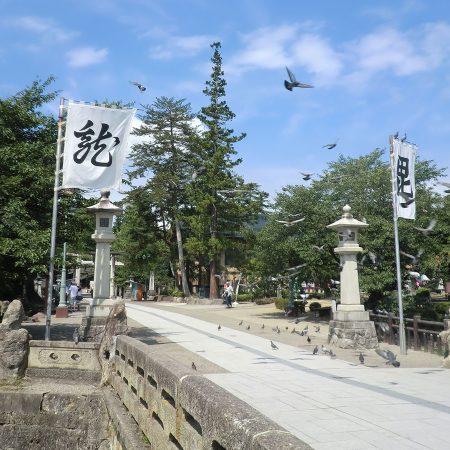
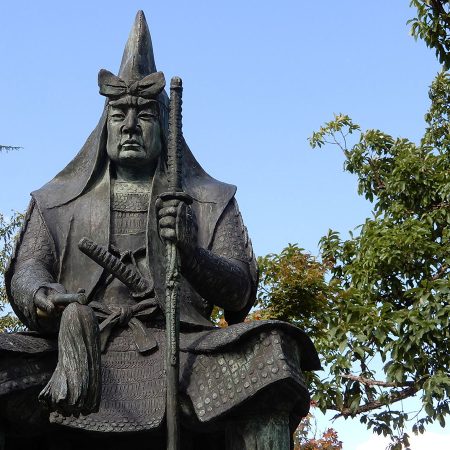
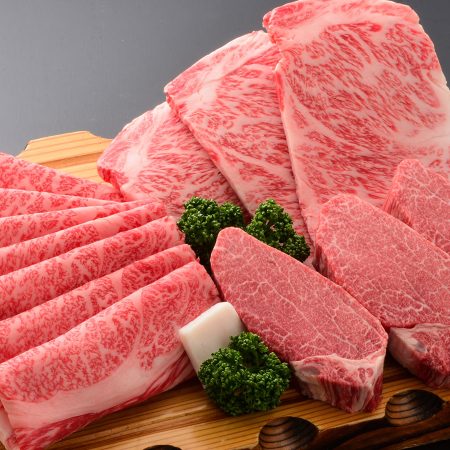
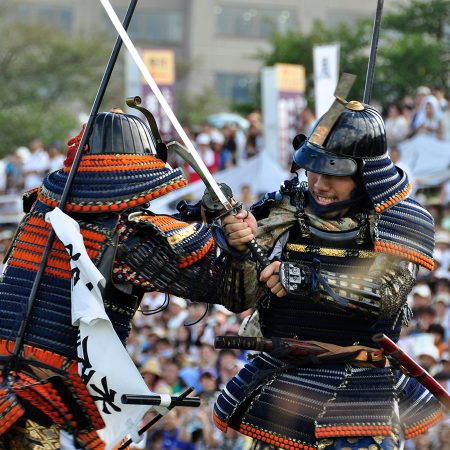
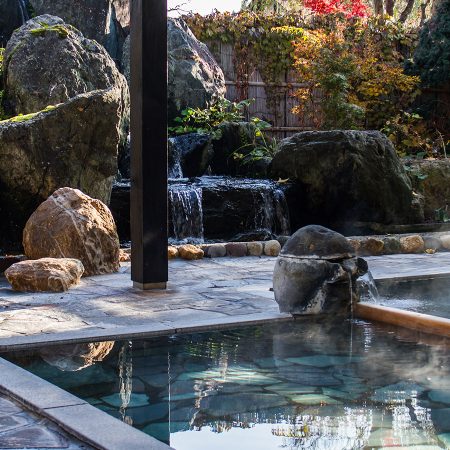
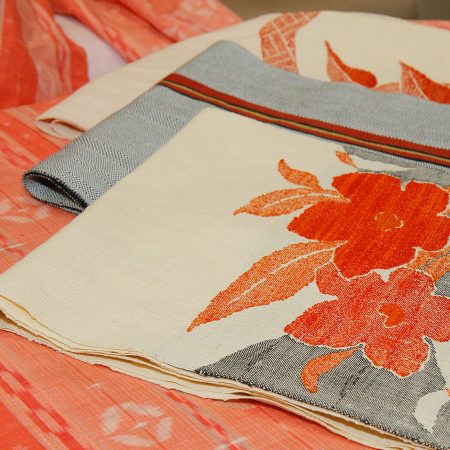
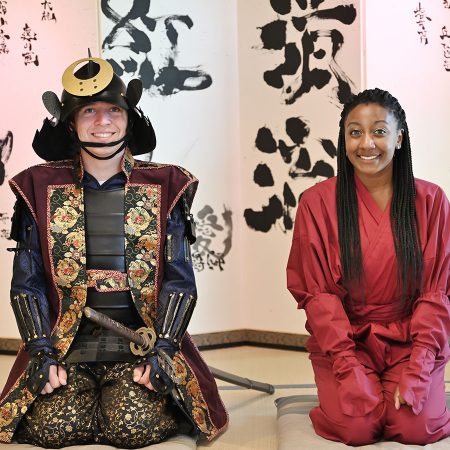
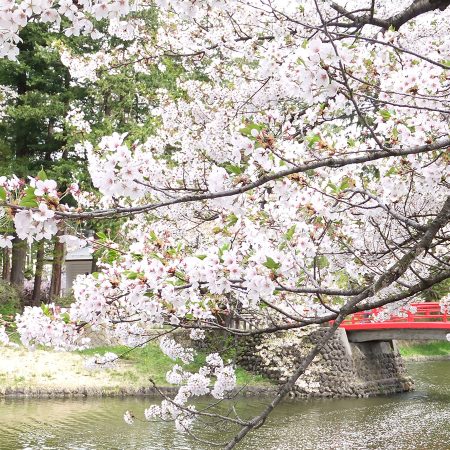
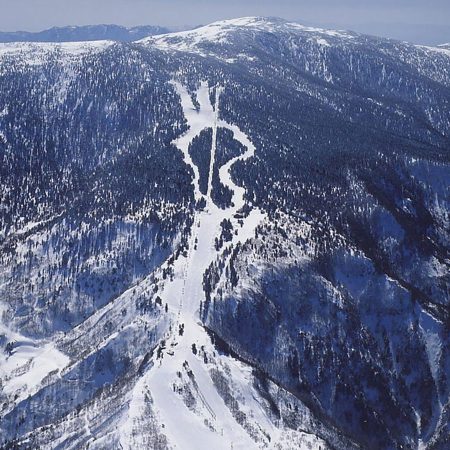
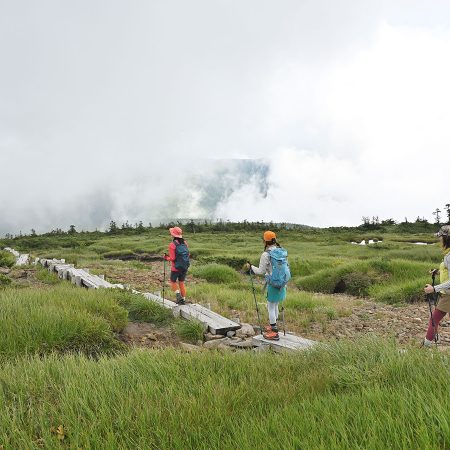

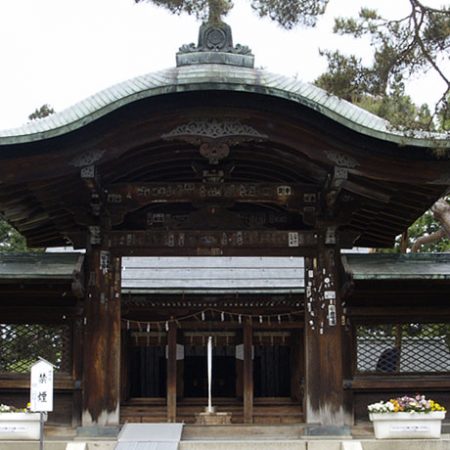
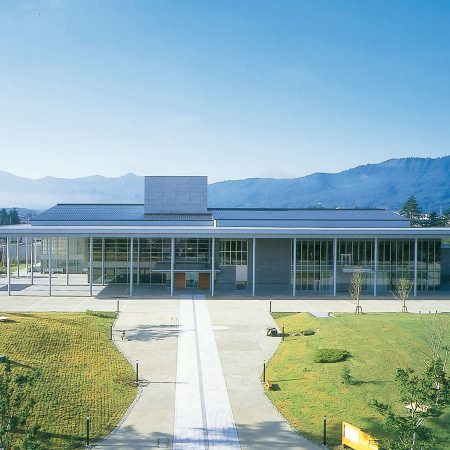
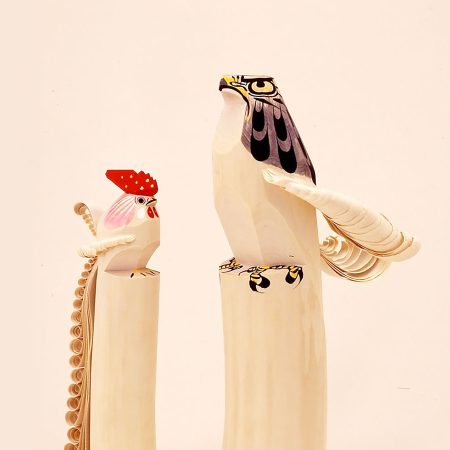
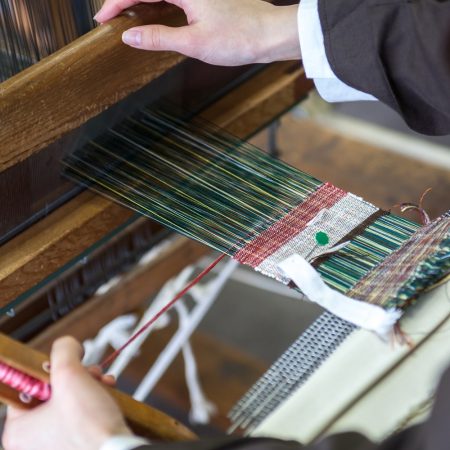


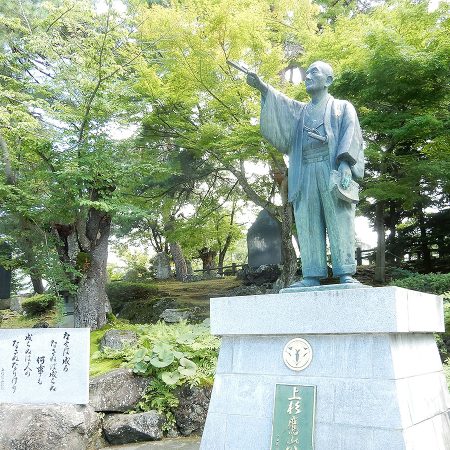
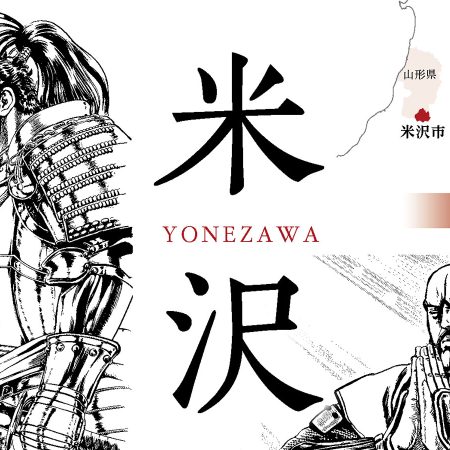
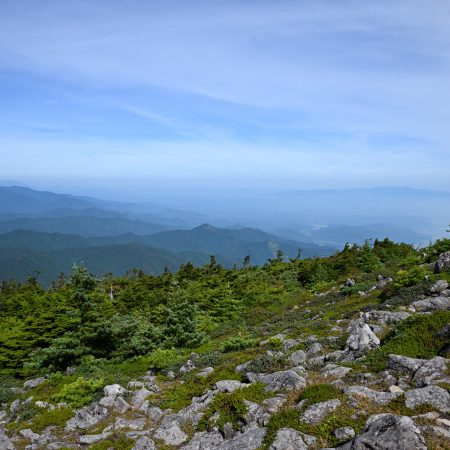



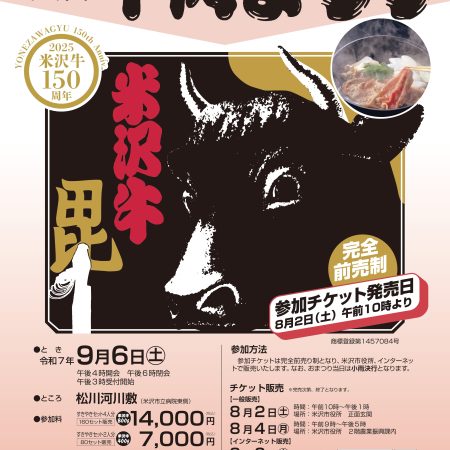

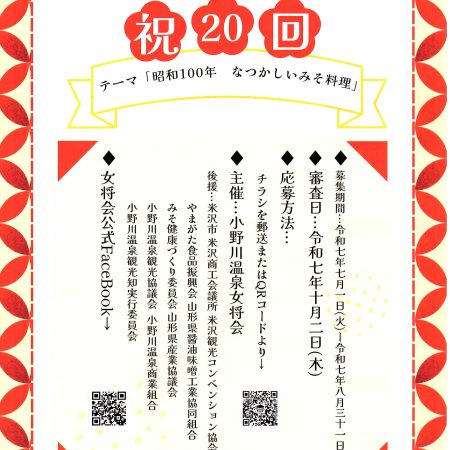
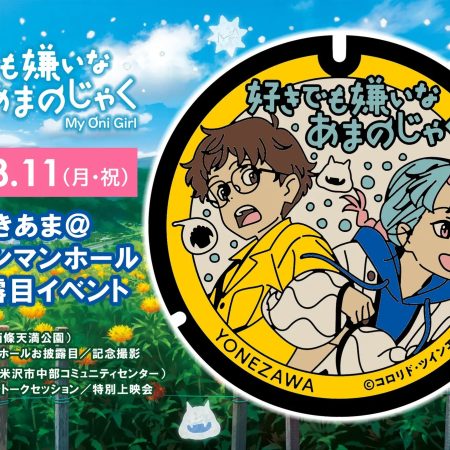
-450x450.jpg)



